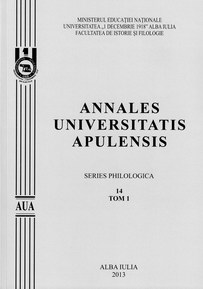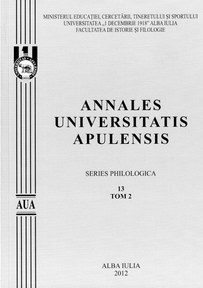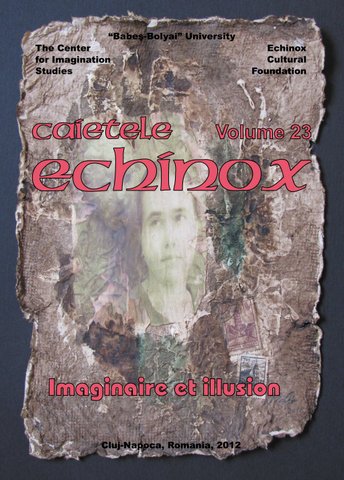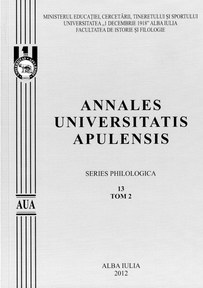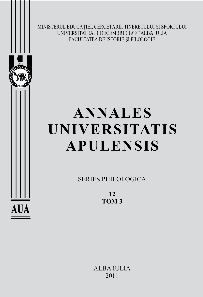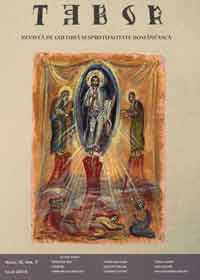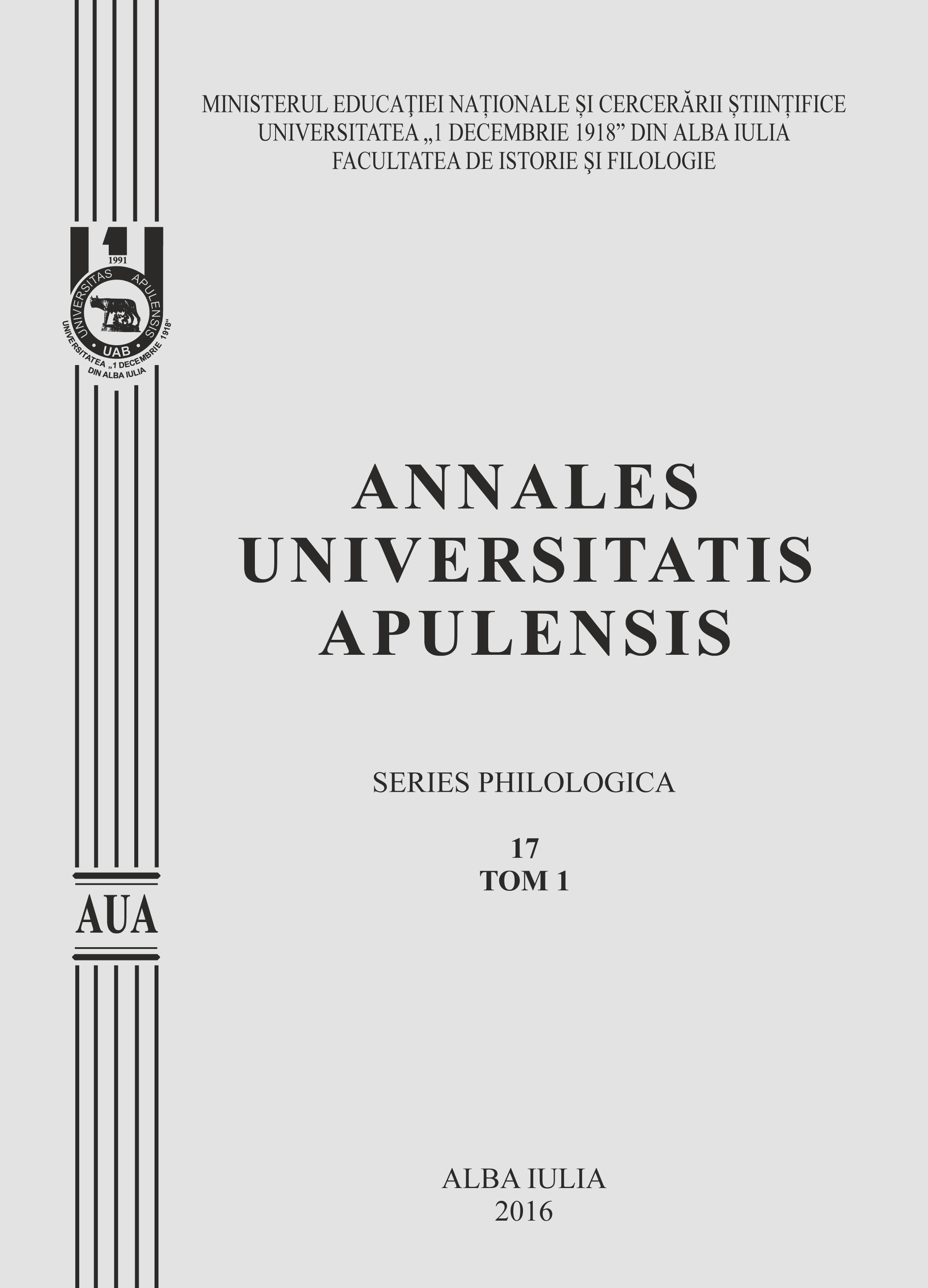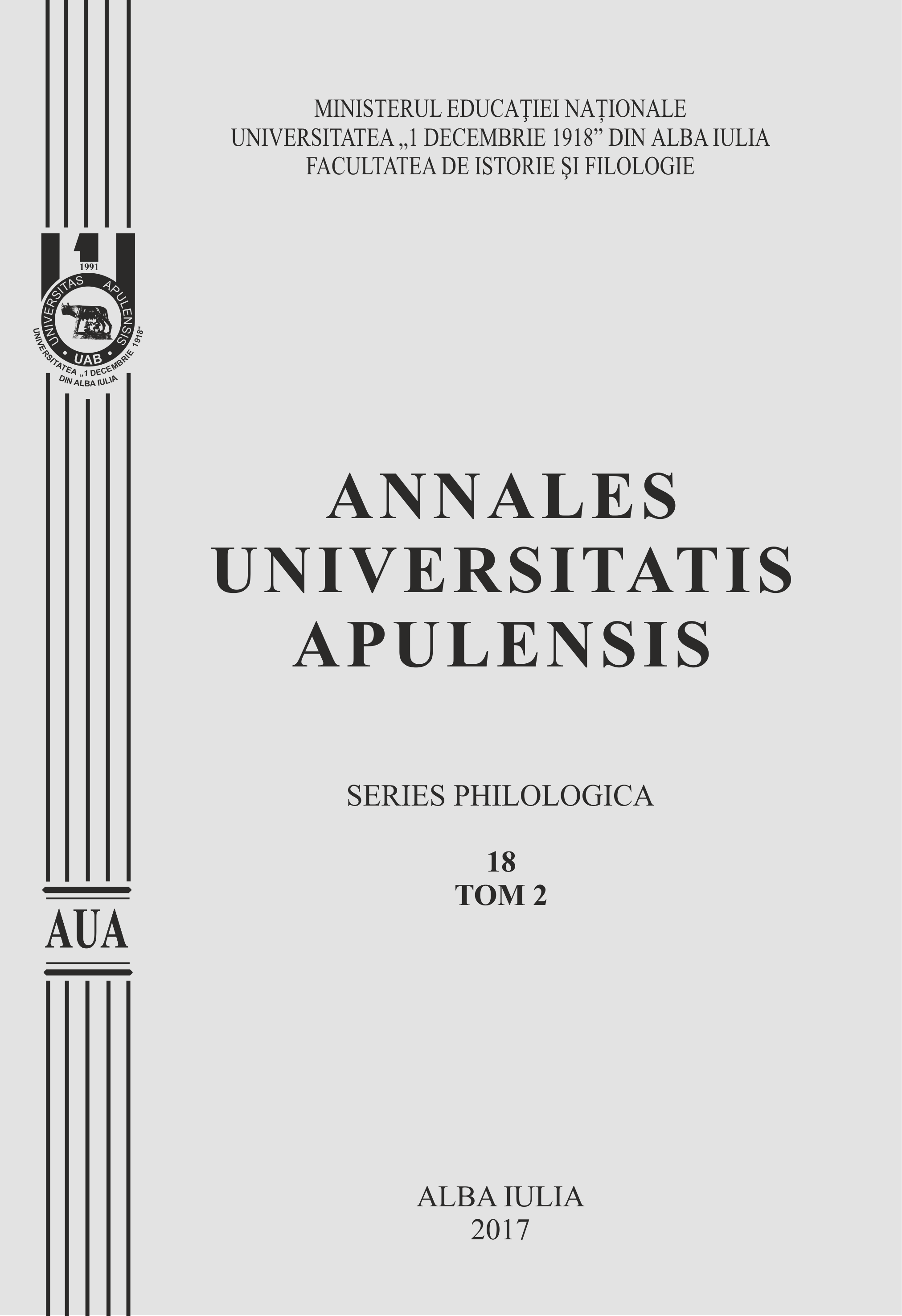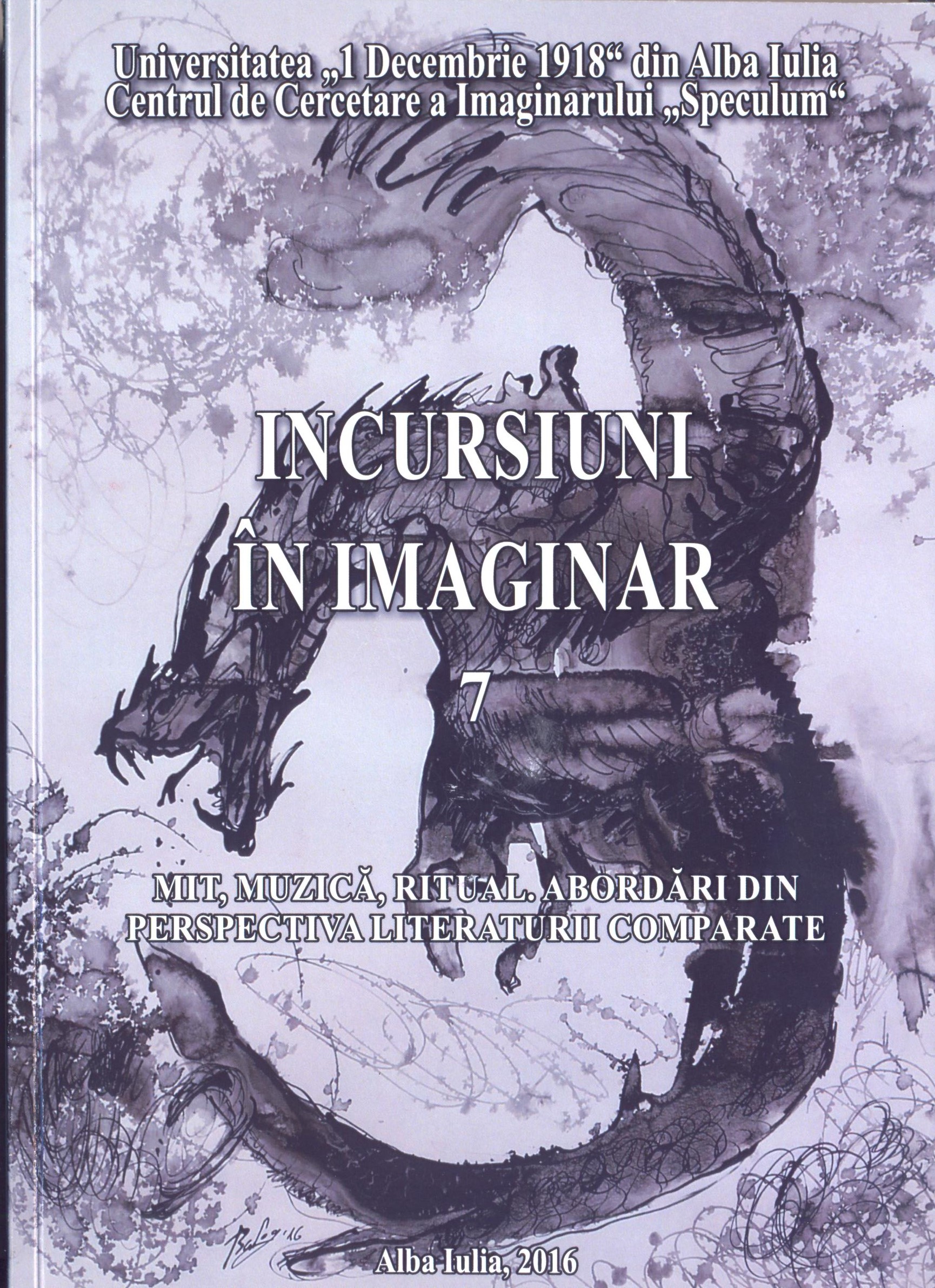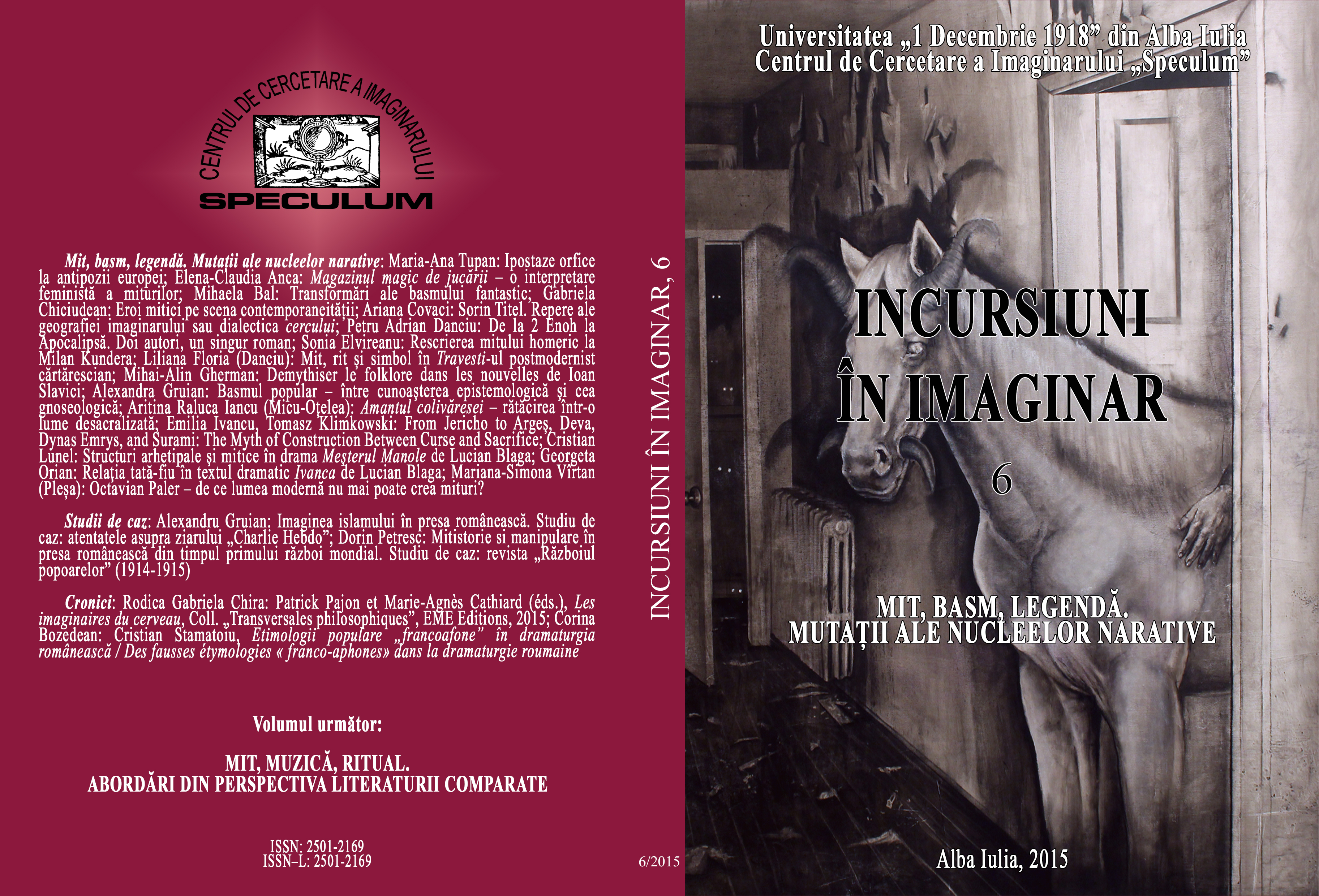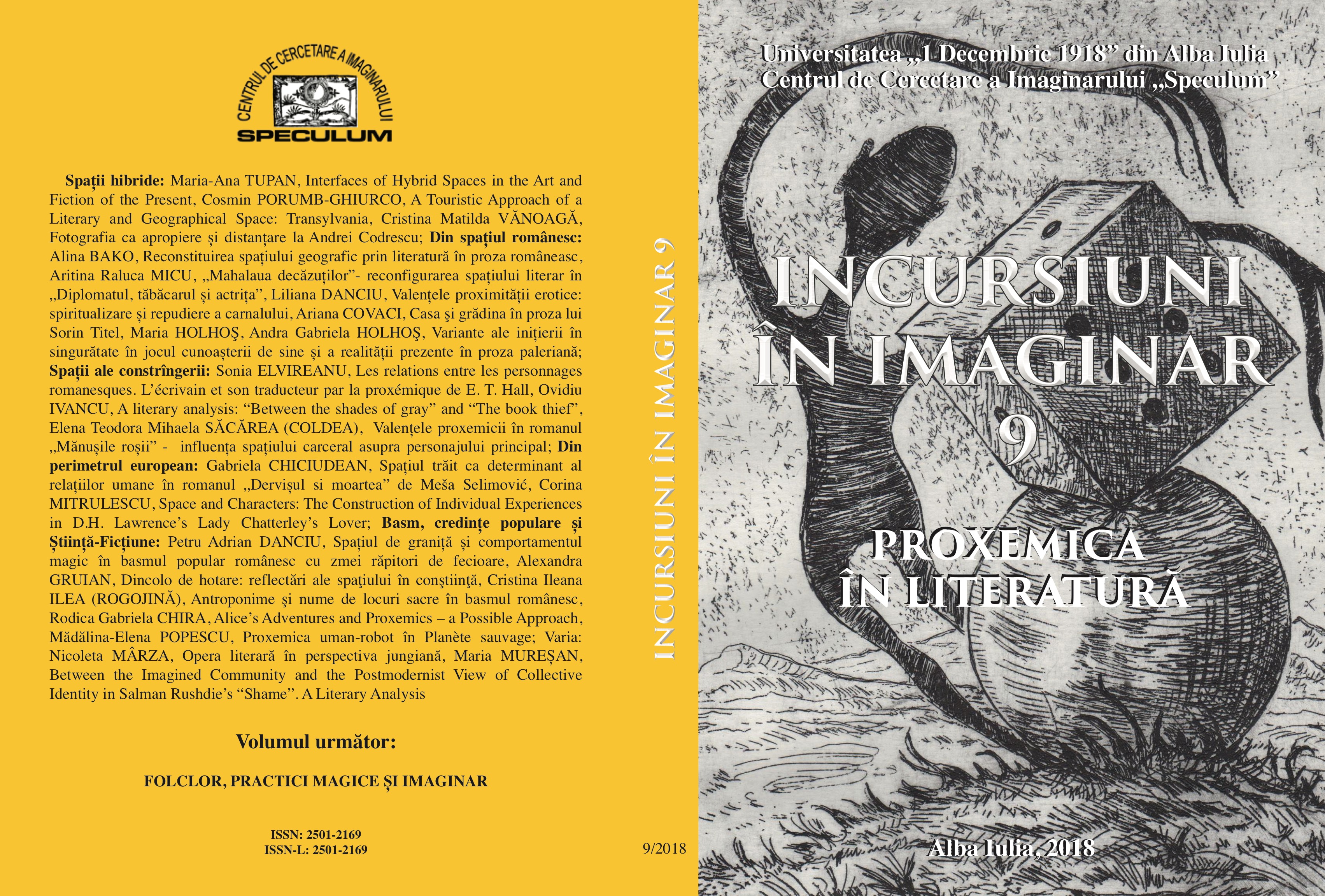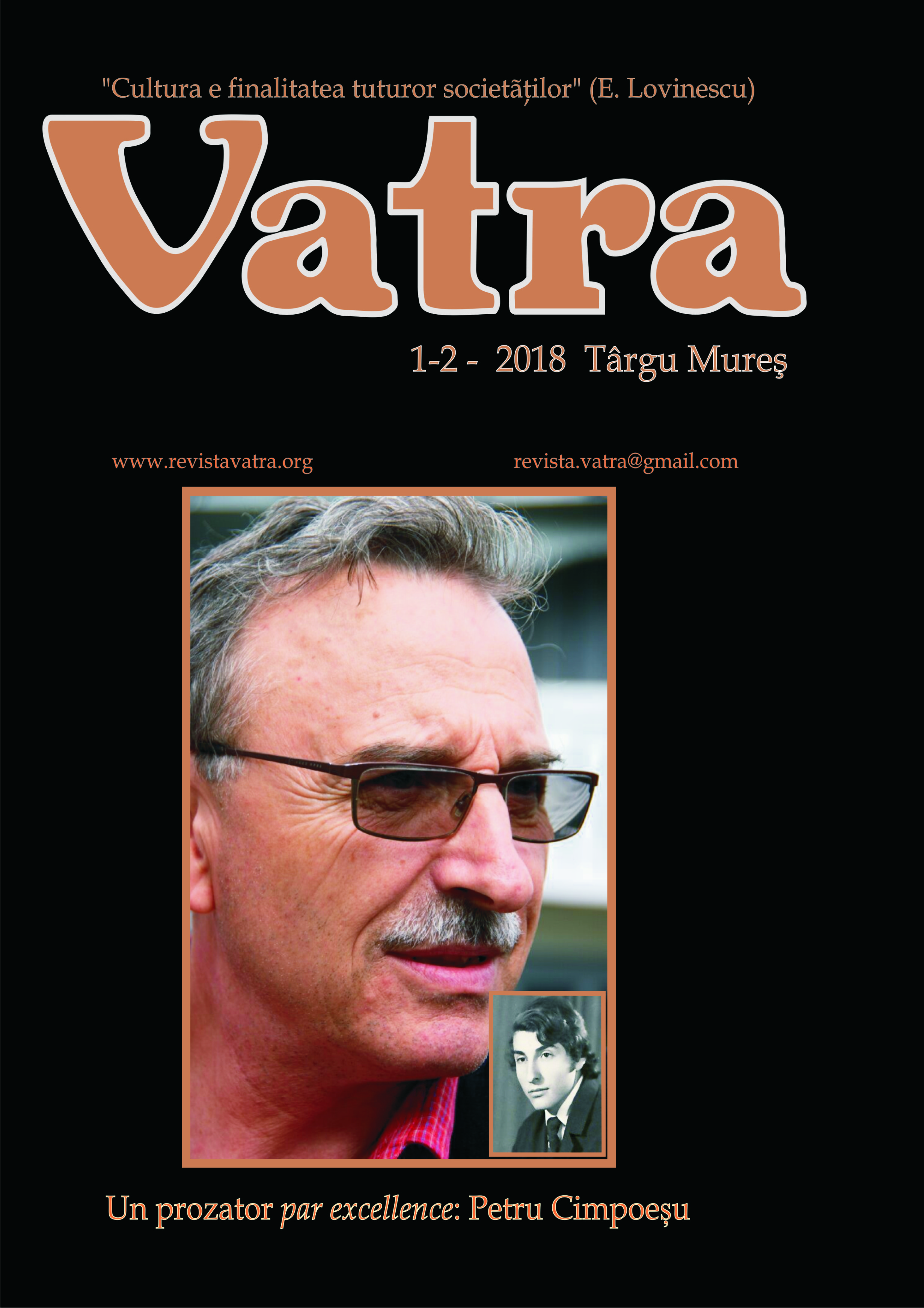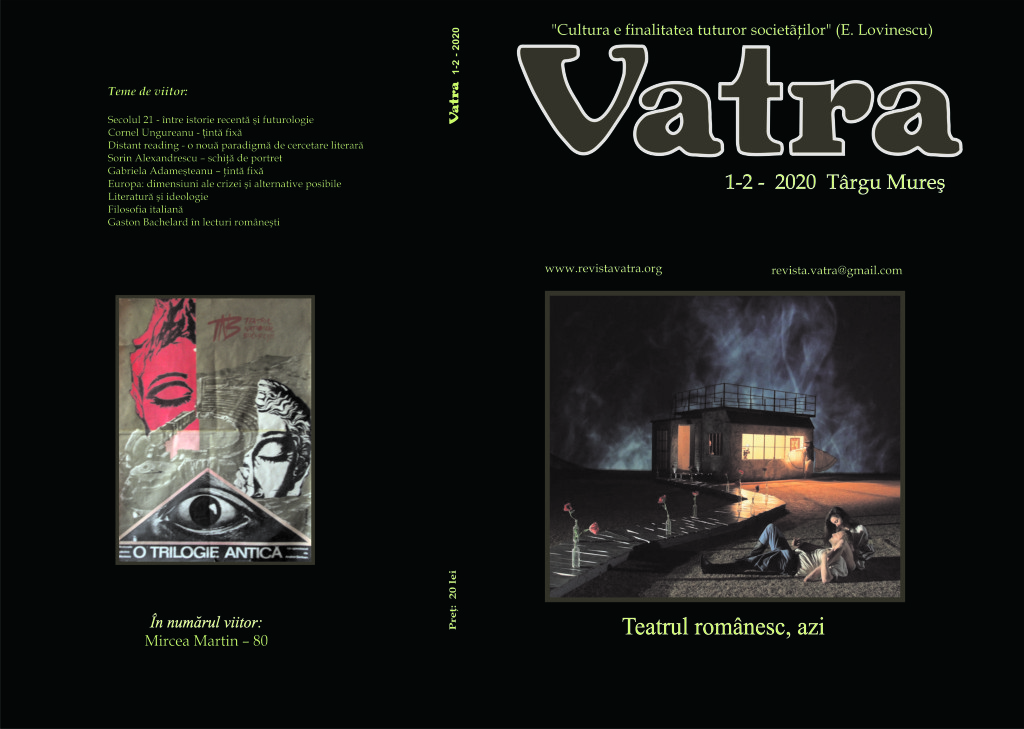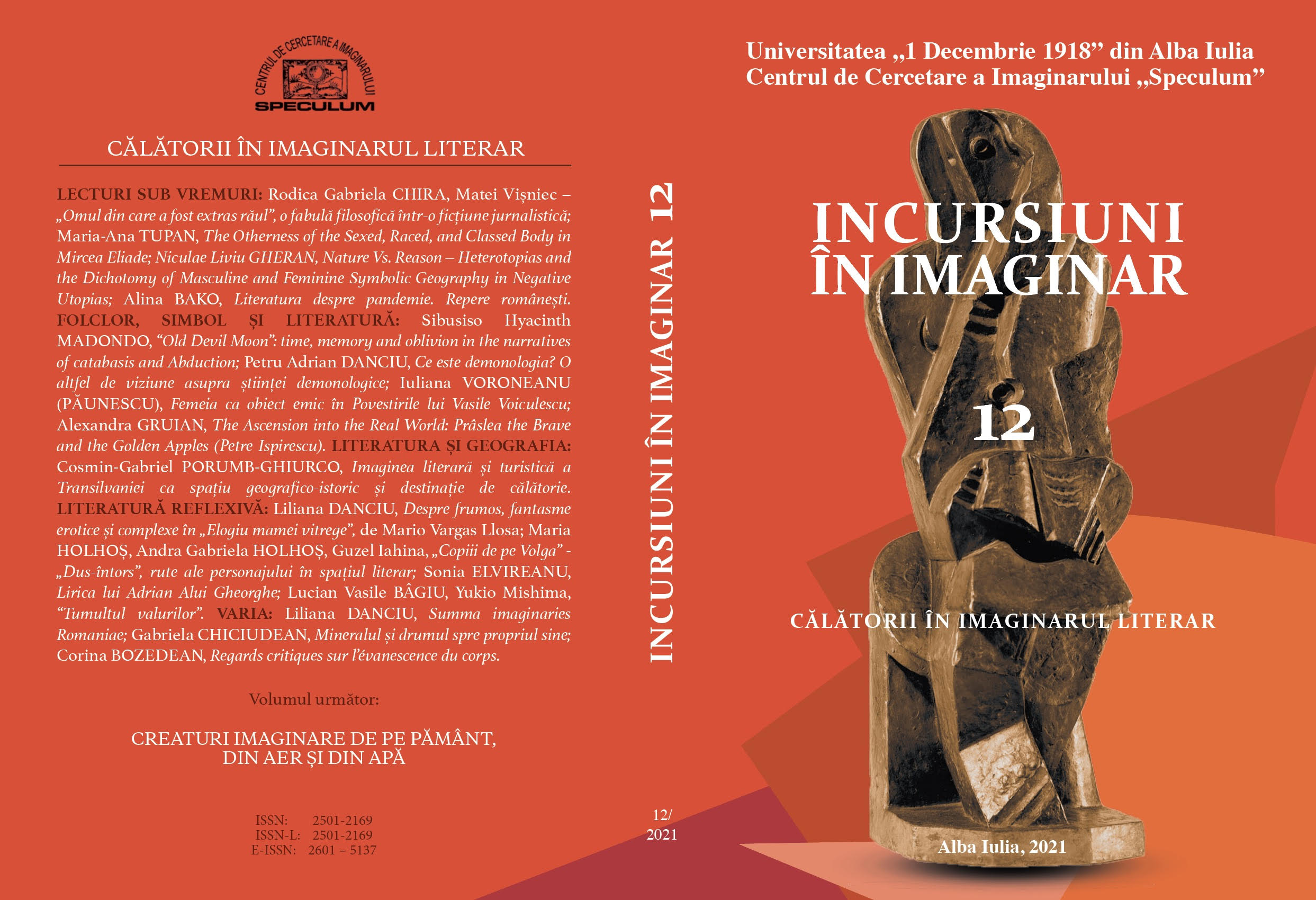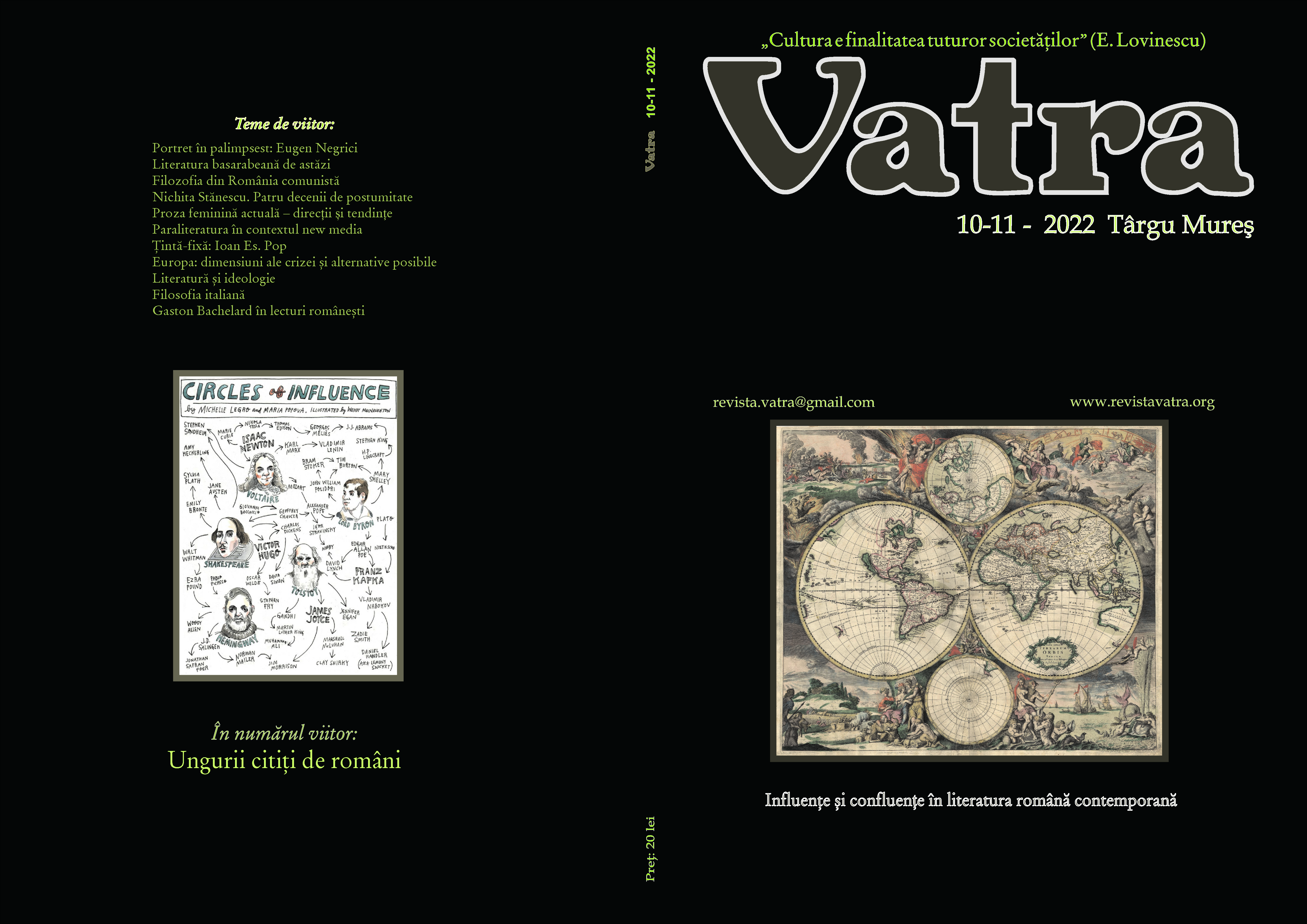HOW TO APPROACH THE NONSPACE THROUGH EXPERIENCE IN EMILE ZOLA'S NOVEL "THE LADIES' PARADISE"
COMMENT APPROCHER LE NON-LIEU PAR LE VÉCU DANS LE ROMAN D‘ÉMILE ZOLA « AU BONHEUR DES DAMES »
Keywords: nonspace ; Au bonheur des dames (The Ladies’ Paradise); space, psychology ; identity
The place is defined by Michel Foucault from a sociological point of view, Marc Augé interprets it in an anthropological direction, Abraham Moles and Elisabeth Rohmer are interested in the psychology of space. The non-space may become a space as soon as the individual maintains an emotional relationship with it. Any space acquires a psychological value through individual or collective experiences, shows Nathalie Audas following an investigation on the railway station. Marc Augé’s non-places are never passive or devoid of identity, of relational control, of history. On the contrary, they have a cultural identity associated with a psychological man-place connection, be it a transitory but representative place of a mindset, a philosophy, an urban or architectural vision. Non-places are meeting places of individual or collective memory based on the individual or group experiences that have frequently or temporarily inhabited or visited him/them. Our goal is to prove the ambivalence of the non-space concept as seen by Marc Augé in Émile Zola’s novel ”Au bonheur des dames‟ (The Ladies’ Paradise).
More...
